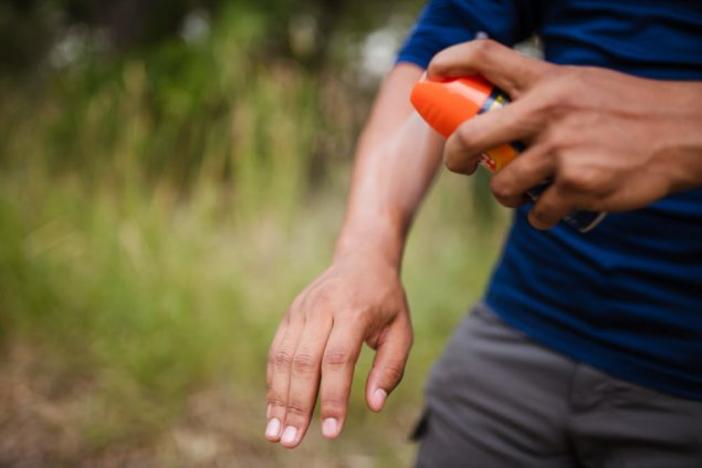West Nile Virus
West Nile virus (WNV) is a viral disease that primarily affects birds but can also infect humans, horses, and other animals. It is transmitted through the bite of infected mosquitoes, primarily species of the Culex genus. When a mosquito bites a bird that has the virus, it can become infected too. Then, if that mosquito bites a person, it can pass on the virus and make them sick.
Most people who get infected with West Nile virus don't feel sick or have only mild symptoms like fever and headache. But in rare cases, it can cause more severe illness, especially affecting the brain. It's important to avoid mosquito bites by using bug repellents and wearing protective clothing, especially in areas where West Nile virus is found.
Each year, Georgia has cases of West Nile virus. Read the frequently asked questions (FAQs) below for more information.
Mosquito-borne Disease Related Links
Page last updated 07/05/2023
